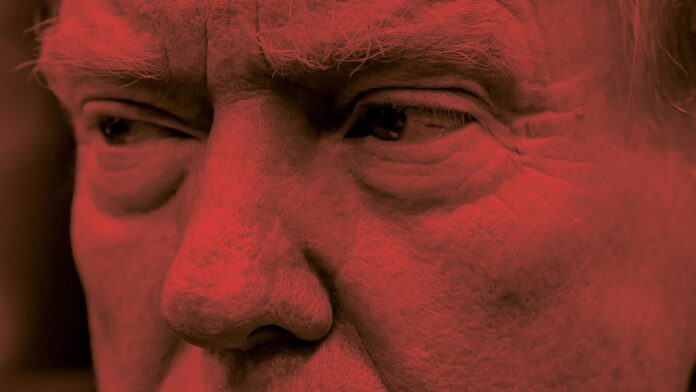Key Falsehoods or Claims:
In this article, the main falsehood being addressed is Donald Trump’s remarks regarding Pete Buttigieg’s response to the Ukrainian plane crash in Iran. Trump had claimed that Buttigieg had suggested that the crash was somehow caused by the United States, which Buttigieg vehemently denied.
Source Assessment:
The source of this information is Newsweek, a reputable and neutral outlet known for its accurate and balanced reporting.
Analysis of Falsehoods and Impact on Opinions:
The false claims made by Trump in this instance have the potential to shape public opinion by spreading misinformation about Pete Buttigieg, who is a Democratic presidential candidate. The impact of these falsehoods could potentially sway public opinion against Buttigieg, affecting voter behavior in the upcoming elections. This type of misinformation poses a threat to our democracy by undermining the integrity of the electoral process and influencing public perception of political candidates.
Hypothetical Public Reactions and Political Outcomes:
If these false claims gain traction among certain segments of the population, it could lead to a decrease in support for Buttigieg and a corresponding increase in support for Trump. This could have significant implications for the Democratic primary and the general election, potentially altering the political landscape and outcome of the elections.
Recommendations for Further Reading:
For further reading on the topic of media influence and misinformation studies, reputable sources such as the Harvard Kennedy School’s Shorenstein Center on Media, Politics and Public Policy, the Poynter Institute, and the Pew Research Center are all valuable resources for understanding the impact of lies and conspiracy theories on public opinion and democracy.
Source link
Redirect URL
